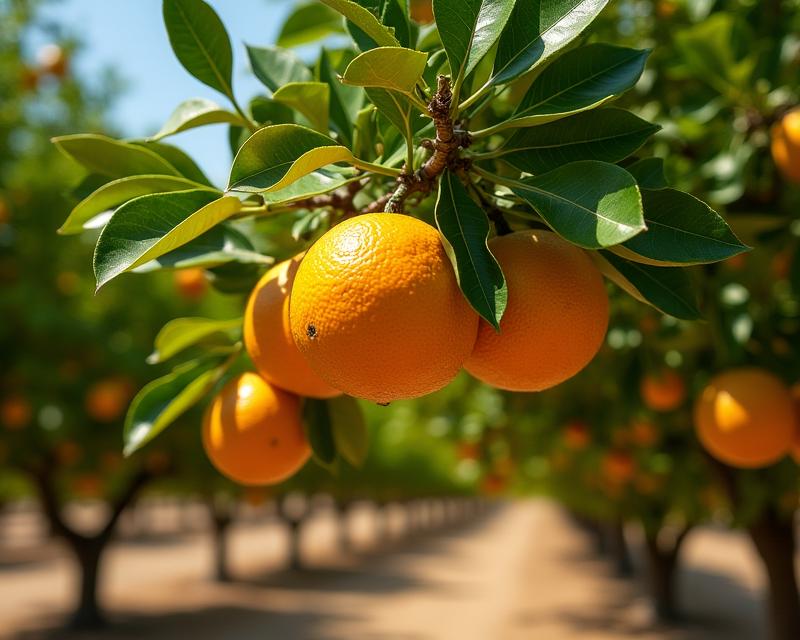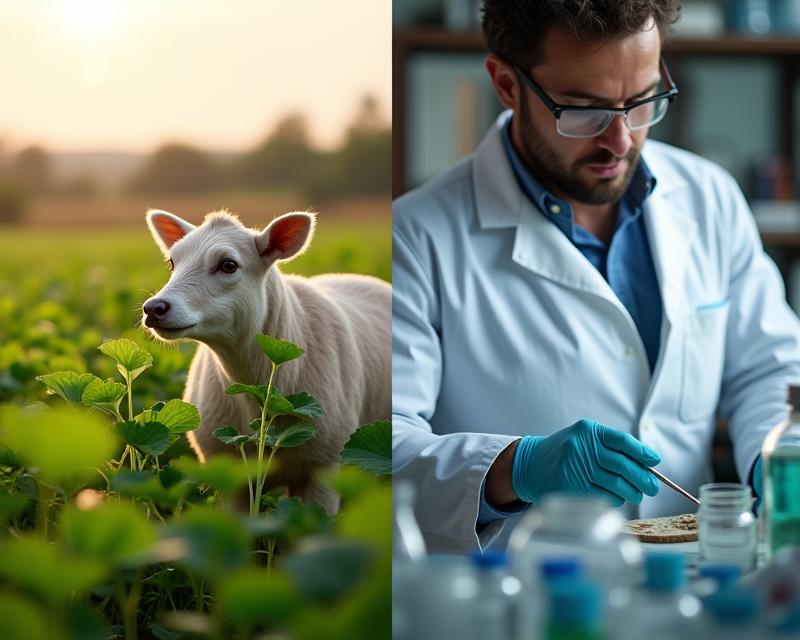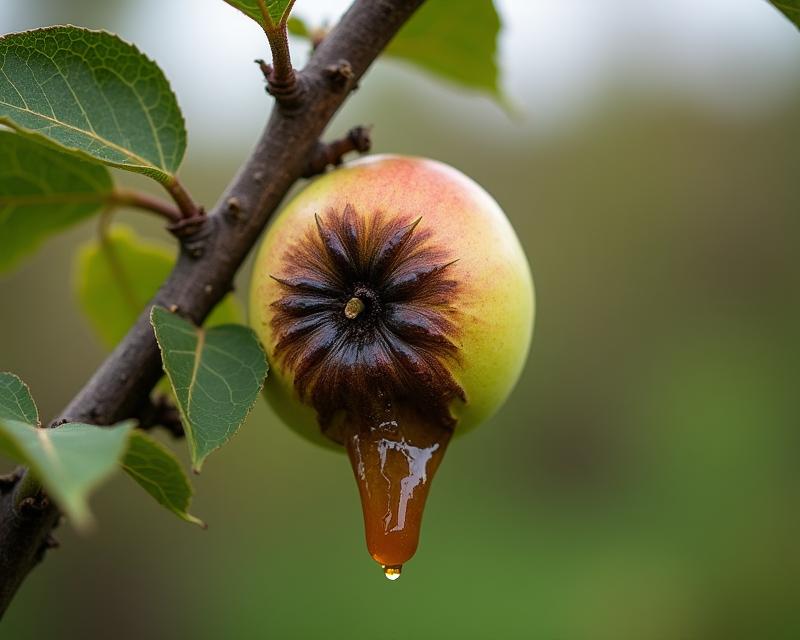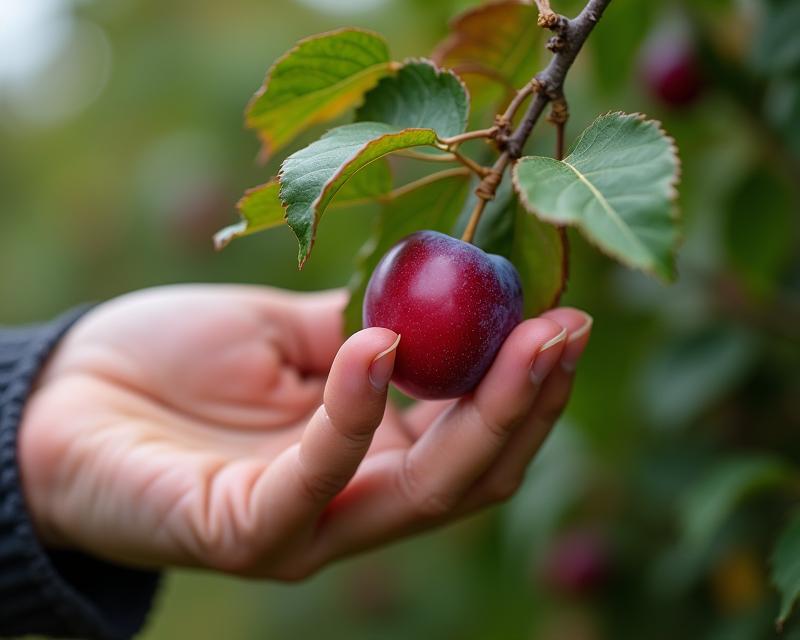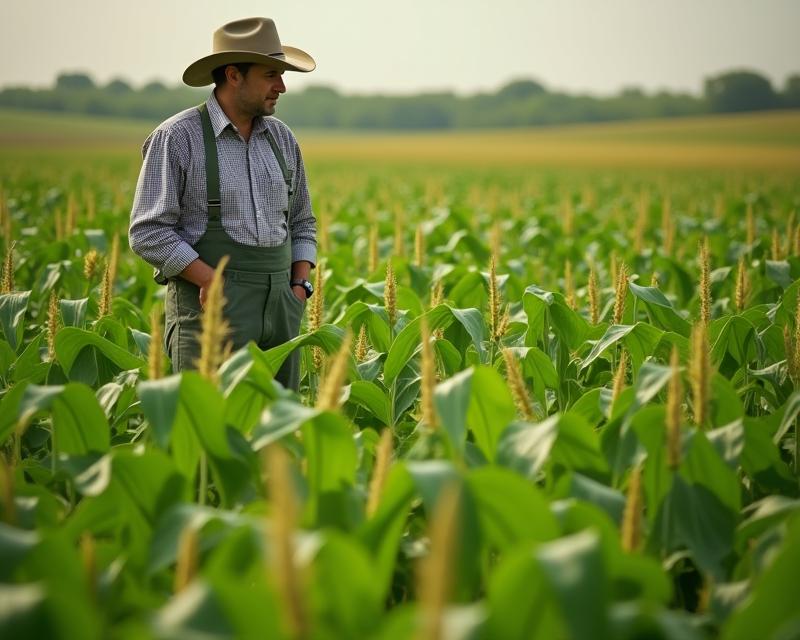Fermenting Crops: Unlock Hidden Value
Publish in Crops el 28/06/2025 22:37
Fermenting Crops: Unlock Hidden Value
For centuries, fermentation has been a cornerstone of food preservation and flavor enhancement. While often associated with dairy and beverages, the process can be powerfully applied to a wide variety of crops, transforming surplus harvests into valuable, shelf-stable products. This practice not only reduces food waste but also unlocks unique nutritional benefits and exciting culinary possibilities for farmers.
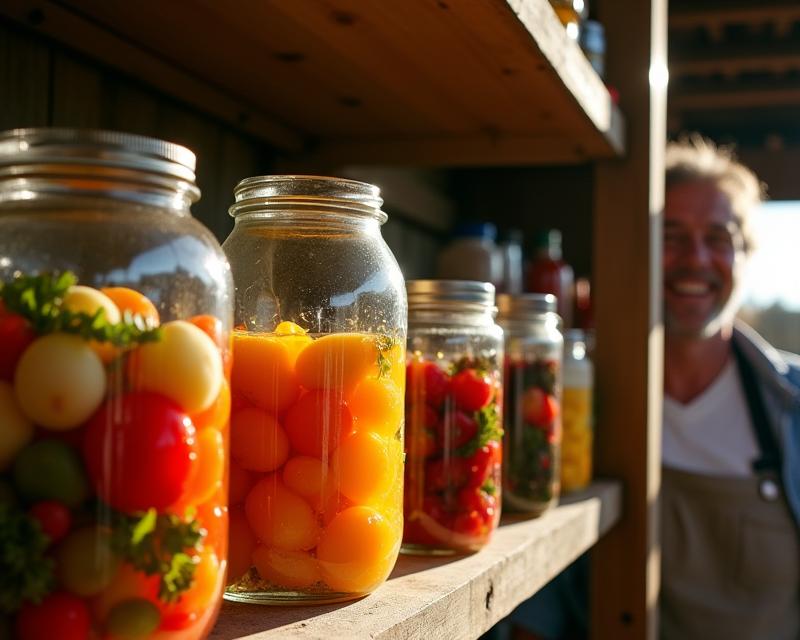
Beyond Pickles: A World of Fermented Crops
The world of fermented crops extends far beyond the familiar pickle. Consider fermented vegetables like sauerkraut, kimchi, and various chutneys. Fruits can be fermented into jams, jellies, and even fruit wines. Even grains and legumes can be fermented, creating products like sourdough bread starters and tempeh. Each crop offers a distinct flavor profile and textural transformation, providing opportunities for farmers to diversify their product offerings and cater to niche markets. The process often enhances digestibility and increases the bioavailability of certain nutrients, adding to the appeal for health-conscious consumers.
Benefits for Farmers & Consumers
The advantages of incorporating fermentation into farm operations are numerous. It allows farmers to utilize crops that might otherwise be discarded due to cosmetic imperfections or oversupply. Fermented products have a longer shelf life than their fresh counterparts, reducing spoilage and extending market reach. Furthermore, value-added processing through fermentation can significantly increase profitability. Consumers benefit from access to unique, flavorful, and often healthier food options, supporting local agriculture and sustainable practices.
Getting Started with Crop Fermentation
While the science behind fermentation can seem complex, many simple methods are accessible to farmers. Starting with small batches and researching specific techniques for each crop is crucial. Maintaining proper sanitation is paramount to ensure safe and successful fermentation. Resources like agricultural extension offices, online communities, and specialized fermentation workshops can provide valuable guidance. By embracing fermentation, farmers can unlock the hidden potential of their crops, creating a more resilient and profitable farm operation while offering consumers delicious and nutritious products.
